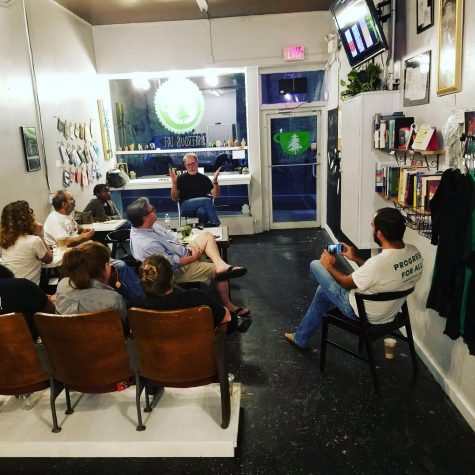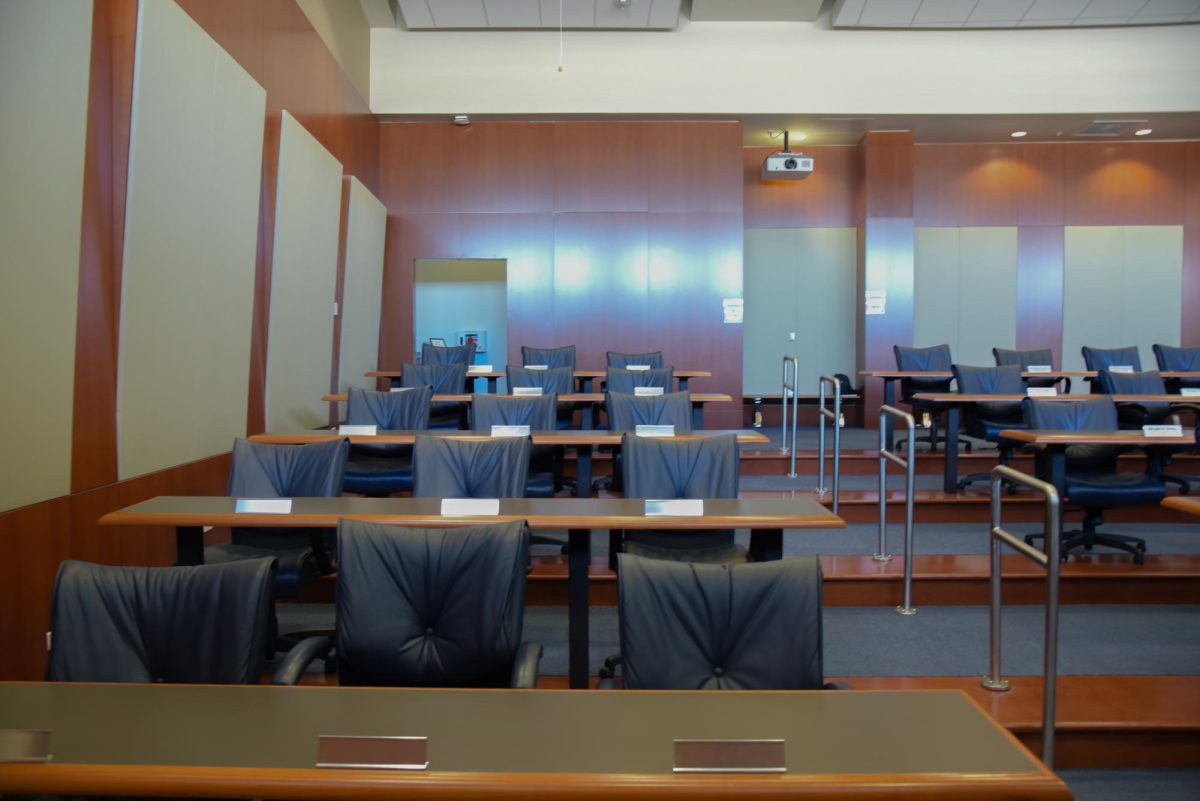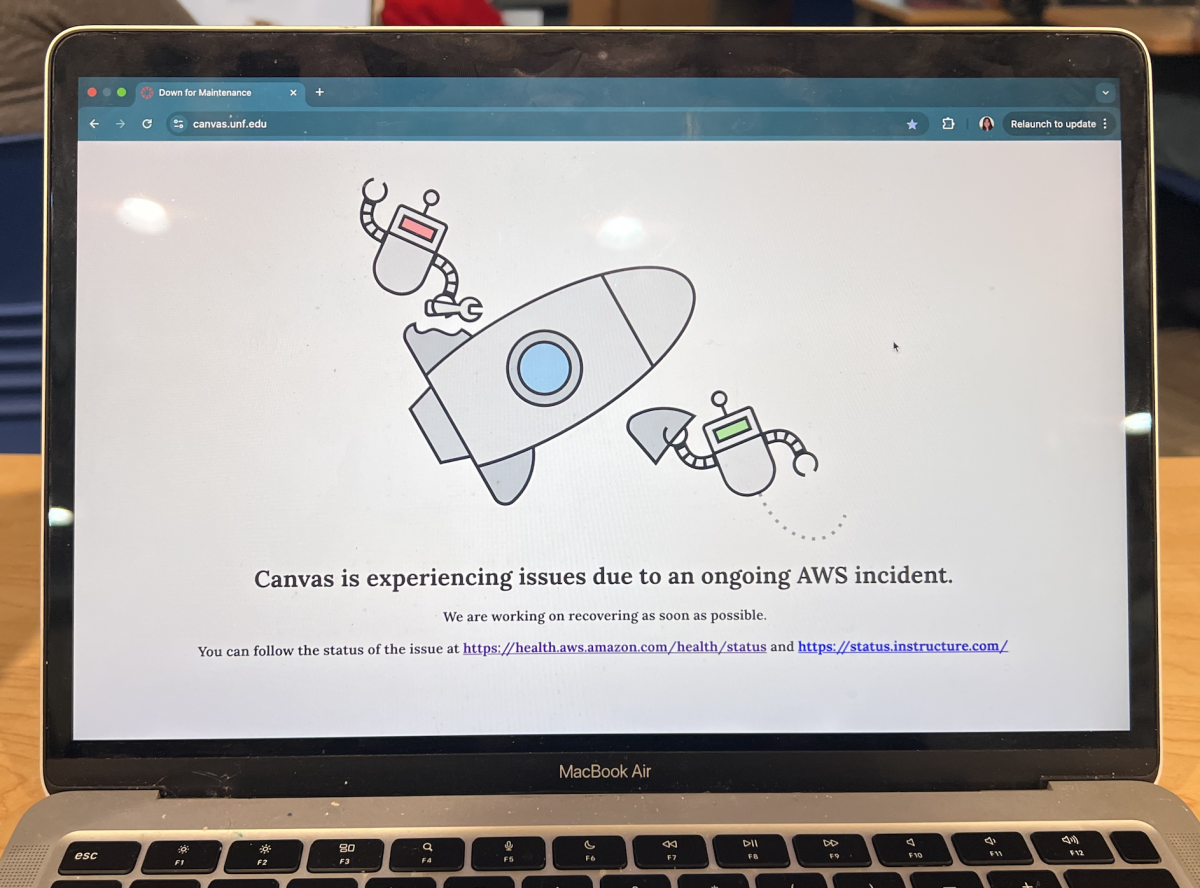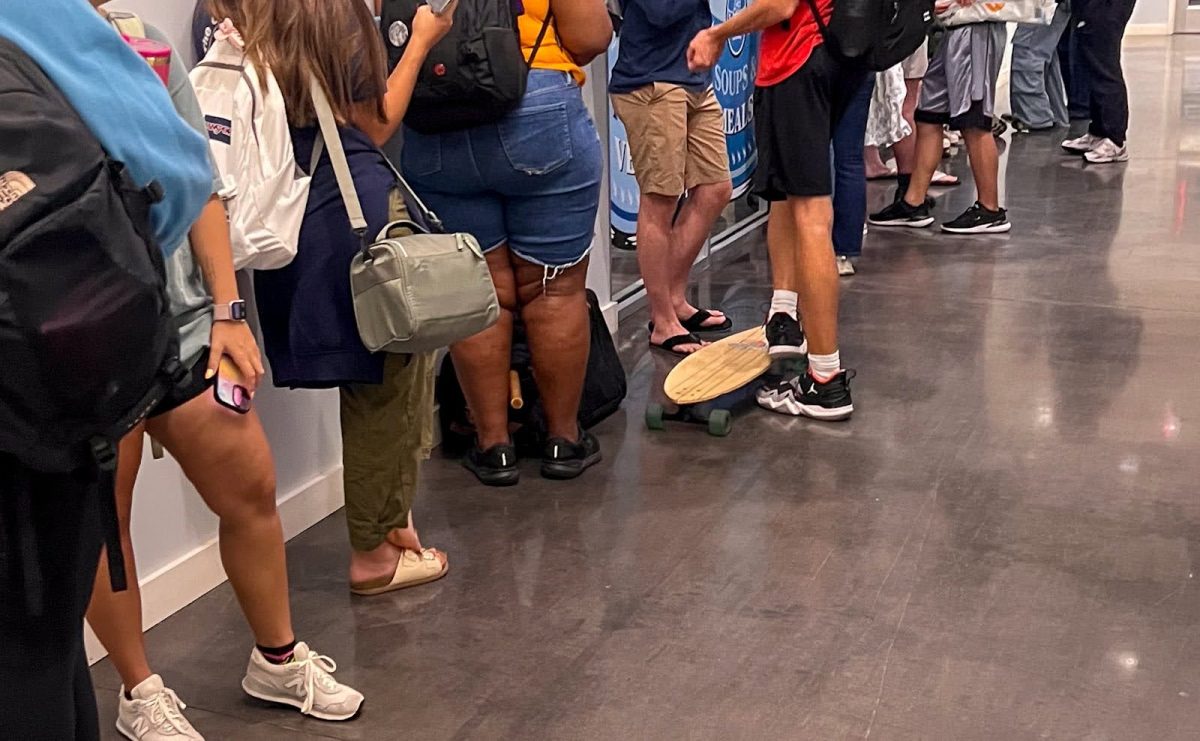When campuses across Florida shut down in mid-March the general feeling for some was that, come summer things would return to ‘normal’ and campus life, in all its forms, would be able to resume.
Unfortunately, things haven’t worked out that way.
Summer courses are available, but only via distance learning. In a flash, entire university systems migrated to the digital realm; putting pressure on faculty members to modify courses to fit the new medium and on students to figure out how the new platform would work for them.
Students and faculty alike are still adjusting.
“There are, of course, awkward moments where people forget to mute their mics and things like that,” UNF senior, Rachel Brooks said. “But overall I think my professor is doing a really good job making everyone a part of the conversation, it’s very interactive and I never get bored.”
Some classes just don’t translate to the digital realm as well as others, as Sociology Professor David Jaffee has experienced.
“Over the past 10 years I have developed a classroom style that I am very comfortable with, what I call ‘stand-up sociology,’” Jaffee said. “Clearly this is a performance-based approach that cannot be replicated in an online course. Mixing content with humor, satire, irony, feigned shock, and dismay, while gauging the student response and adjusting accordingly, does not happen in recorded lectures.”
It’s not just the nuances of in-person classes that are lost in distance learning. Both faculty and students seem to agree that the distance learning approach doesn’t provide the same depth of community they have come to know and love while on campus. “Students enjoy being in a classroom for these reasons along with the fact they have their cronies alongside for social interaction. The faculty miss what the students miss,” Jaffee said.

While everyone is trying to make the best of things, there is no doubt that a prolonged online-based education is completely different from the college package students signed up and paid for. Part of the allure, and the cost, of “going to college” is the campus experience. For many students, campus life is what makes the experience for them.
“Maybe what I miss the most is being in person with my professors and cohorts,” JU masters student, Hannah Bose said. “When you’re not meeting with professors and peers it is easy to put school on the back burner. I struggle sometimes to find the motivation to sit in front of my computer to do work.”
Students typically have access to a wide range of facilities on campus. Including lodging, dining, gyms and fitness classes, organic gardens, and a milieu of activities, clubs, and events to plug in with across campus. There are countless ways to engage with other students and enrich the classroom experience with a robust set of interpersonal experiences on campus.
Loss of access to all of these programs begs the question: what will happen to higher-level education as the virus persists? If students can’t access the full breadth of services offered to them will they continue to pay tuition costs and attend classes online? There are class-action suits popping up across the country demanding refunds on fees already paid. It seems evident that enrollment will be impacted negatively by the pandemic. The question becomes, how badly?
A survey performed by collegereaction.com found that 77% of students say distance learning is worse or much worse than in-person classes, and 13% say they would take time off from college if distance learning continues next year.
Last week the University of California school system, one of the biggest in the country with 23 campuses and nearly 500,000 students, announced it will not be allowing students back to campus in the fall. Meanwhile, according to a Chronicle for Higher Education database, about two-thirds of colleges announced, as of May 13 they are aiming for in-person classes come fall semester.
There is a clear divide around what the best course of action is and lots of conflicting messages. All of which is making the choice even tougher for administrators. Regardless of what colleges decide to do for the fall semesters the choice to return or not, will be in the hands of the students.
“As a person with a compromised immune system and a lung disease, I am having to be extra cautious right now about going out in public,” Bose said. “While I miss my in-person experience as a student, my health is my priority.”
Florida’s State University System Task Force is currently working on the framework for the reopening of state universities this fall.
__
For more information or news tips, or if you see an error in this story or have any compliments or concerns, contact editor@unfspinnaker.com.












danafawn | May 18, 2020 at 4:27 pm
My own college experience was prepandemic. As a graduate of 2007, I can’t imagine paying full price for online classes. There has to be a happy medium somewhere. In person classes are in my opinion much more effective. I don’t know what the future holds, but there are definitely going to be a host of after shocks felt from Covid-19.